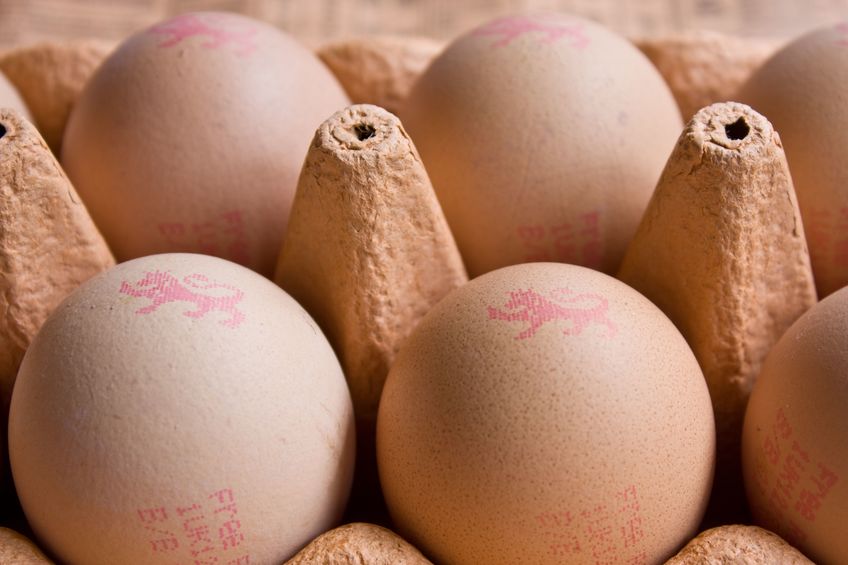Egg sector raises fears over heightened risk of 'no-deal'

Egg producers have raised fears over a potential 'no-deal' after the transition period as their products will not be able to compete with lower-standard imports.
The UK egg industry has highlighted significant concerns after the government blocked parliamentary moves last week to ensure food imports meet UK farming standards.
The industry has been pressing government not to allow the import of inferior eggs in order to secure trade deals with the US and other countries outside the EU.
But whilst ministers have said they would not sacrifice food and farming standards, they refused to enshrine the defence of such standards into law in a vote on 12 October.
The Agriculture Bill was amended in the House of Lords to ensure that food products imported under post-Brexit trade deals were produced to the same quality required of British farmers.
Although the amendment attracted the support of a number of Tory rebels when it returned, the government successfully overturned it by 332 votes to 279.
On top of this, in a televised statement on Friday 16 October, the prime minister said the UK would have to prepare for a no-deal scenario on 1 January 2021.
The British Egg Industry Council (BEIC) has vowed to fight on to defend British producers from cheap, lower standard imports.
Mark Williams, chief executive, said that while the industry was disappointed with the developments, it would not stop egg producers from lobbying further.
"It is absolutely vital that the government listens to the recommendations of the Trade and Agriculture Commission in due course, and does not allow reduced or tariff free access to eggs and egg products that have been produced in countries with lower standards than the UK."
Mr Williams has previously warned that British egg products could not compete with lower priced and lower welfare imports from countries like the US, India, Argentina and Ukraine.
A significant percentage of the cost of producing a dozen or a kilo of eggs in the UK comes from legislation on food safety, animal welfare and environmental protection.
He warned that pursuing a free trade policy with such countries would result in British farmers being significantly undercut.
A report from Wageningen University in the Netherlands, produced by egg industry expert Peter van Horne, highlighted the importance of tariffs.
Peter van Horne said in his report that, compared to the average level within the EU, the production cost of shell eggs in 2017 were 24% lower in the USA, 22% lower in Ukraine, 14% lower in Argentina and 11% lower in India.
Production costs of whole egg powder in 2017 were 21% lower in the United States, 20% lower in Ukraine, 13% lower in Argentina and 13% lower in India.
Peter van Horne said that, because the cost of transportation of powder was low, the offer price of whole egg powder from third countries was relatively low, but current import levies protected EU production.
Elizabeth Truss, the Secretary of State for International Trade and the minister responsible for securing trade agreements, insisted that the UK would not trade away food standards to clinch deals.
However, US trade officials have demanded that restrictions would have to be removed if the UK wanted a post-Brexit trade deal with the United States.








